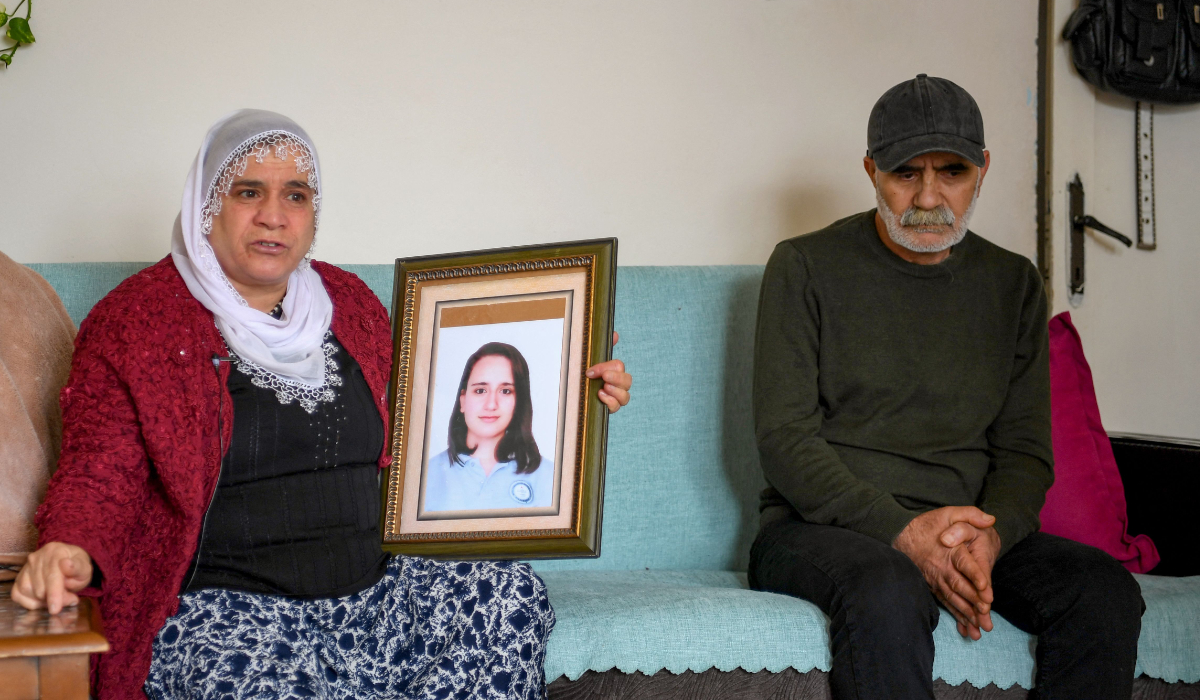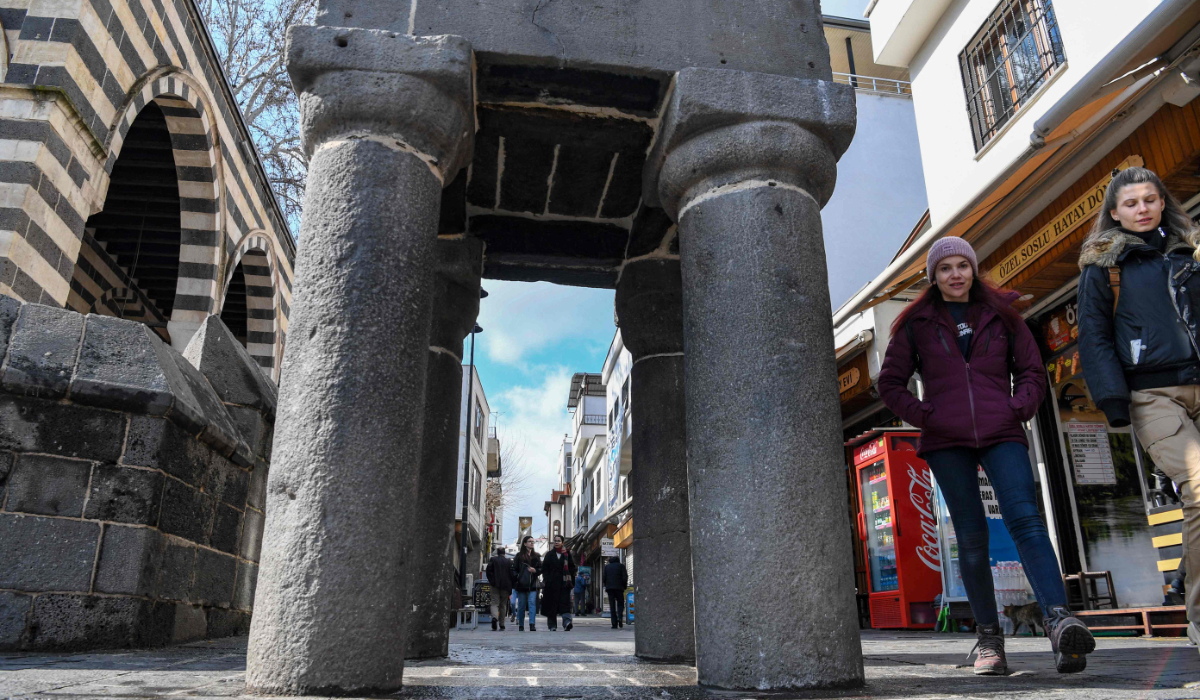Navigating ethical dilemmas in reproductive tech

https://arab.news/zwn25
In the bustling city of Techville, where neon lights flicker with binary code and robots hum lullabies, a new spectacle has rolled into town, promising to be the talk of the century. Ladies and gentlemen, welcome to “The Great AI Ethical Circus.”
Today’s performance? The enthralling debate on artificial intelligence, ethics and the peculiar case of human reproduction bias, all seen through the lens of the dystopian dramedy, “The Pod Generation.”
Ah, Techville — a city where your barista might be a bit too literal when you ask for “strong coffee” and your self-driving car might occasionally detour to show you the scenic route, purely out of affection. This is the backdrop against which our drama unfolds.
Act I: The All-Knowing Pod
Imagine a world where the miracle of childbirth is no longer bound by biology. Enter “The Pod Generation,” a film worth watching, where artificial wombs (or pods) can be rented, allowing parents to continue their busy lives while their offspring gestate in sleek, transparent orbs. As if we did not already have enough to juggle with our Roombas and their spontaneous cleaning sprees.
On the surface, this seems like the epitome of convenience. No more morning sickness, no stretch marks and no labor pains. Just a quick swipe of the credit card and, nine months later, voila. Your baby is ready to pick up. But beneath this shiny veneer lies a nest of ethical conundrums, as tangled as a poorly coded algorithm.
The Pros: Efficiency and Equality
In Techville, where time is as precious as the latest smartphone model, the pod system promises unparalleled efficiency. Imagine balancing a high-powered career with family life, free from the physical constraints of pregnancy. Women can shatter the glass ceiling without worrying about their biological clocks ticking away. The playing field, it seems, is leveled.
From an ethical standpoint, the pods could democratize reproduction. Individuals with infertility issues or those with health risks can now experience the joys of parenthood without the barriers posed by traditional gestation. In a world obsessed with equality and inclusivity, this seems like a step in the right direction.
The Cons: Nature vs. Nurture
But hold your applause, dear audience. The plot thickens. The pods, much like any AI, are only as good as their programming — and therein lies the rub. AI, for all its promise, is not immune to bias. Reproductive technologies, influenced by the data and preferences they are fed, could inadvertently perpetuate societal biases.
Take, for example, the algorithms determining the optimal genetic traits. Who decides what is “optimal?” Do we risk sliding down the slippery slope of eugenics, crafting a generation of designer babies based on superficial ideals? Philosopher John Stuart Mill once warned: “Bad men need nothing more to compass their ends, than that good men should look on and do nothing.” If we are not vigilant, our silent acquiescence could lead us down a dark path.
Reproductive technologies, influenced by the data and preferences they are fed, could inadvertently perpetuate societal biases.
Rafael Hernandez de Santiago
Reproduction Bias: The Elephant in the Room
Let us address the elephant in the room — reproduction bias. AI systems trained on historical data often inherit the prejudices embedded within that data. In Techville, a city that prides itself on technological prowess, the repercussions of such biases are especially concerning.
Imagine a pod system that, based on skewed data, favors certain genetic traits over others. This could exacerbate existing social inequalities, creating a society where diversity is sacrificed at the altar of artificial “perfection.” Philosopher Immanuel Kant reminded us: “Act in such a way that you treat humanity, whether in your own person or in the person of another, always at the same time as an end, never merely as a means.” In our quest for convenience, are we at risk of treating human life as a mere product?
Act II: The Human Touch
Despite the marvels of AI, there is an irreplaceable value in the human touch. Pregnancy, with all its trials and tribulations, fosters a unique bond between mother and child. It is a connection that no sterile pod, however advanced, can replicate. Aristotle wisely noted: “The aim of the wise is not to secure pleasure, but to avoid pain.” Perhaps it is through these natural processes, painful as they may be, that the essence of humanity is truly preserved.
The Curtain Call: A Balancing Act
As the curtain falls on our ethical circus, it becomes clear that the integration of AI into human reproduction is a balancing act, teetering between the utopian and the dystopian. In Techville, where technology and humanity dance a delicate waltz, the key lies in vigilance, empathy and ethical foresight.
The future, much like the latest tech gadget, is full of promise and peril. It is up to us, the citizens of Techville, to navigate this brave new world with wisdom and caution. For, as philosopher Soren Kierkegaard aptly put it: “Life can only be understood backwards; but it must be lived forwards.” Let us hope that in our forward march, we do not lose sight of the humanity that makes life worth living.
And so, dear readers, as you sip your AI-brewed coffee and contemplate the marvels of “The Pod Generation,” remember: In the grand circus of AI ethics, we are all both the ringmasters and the clowns. Choose your role wisely.
• Rafael Hernandez de Santiago, viscount of Espes, is a Spanish national residing in Saudi Arabia and working at the Gulf Research Center.
































